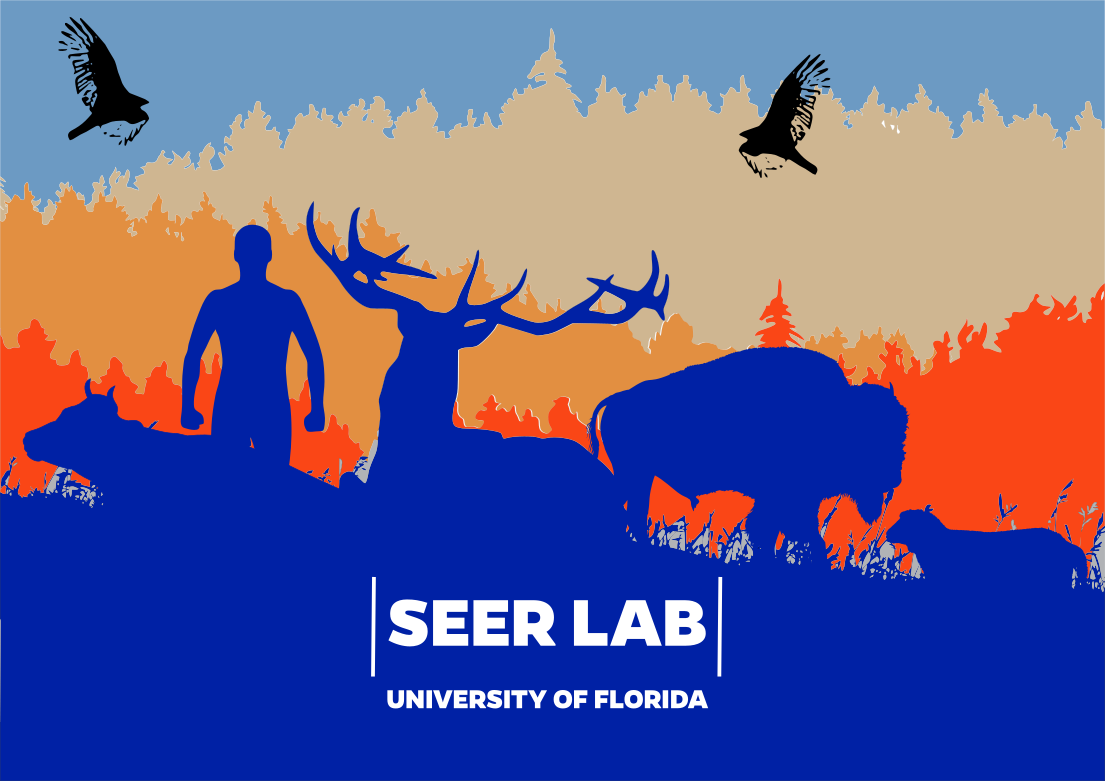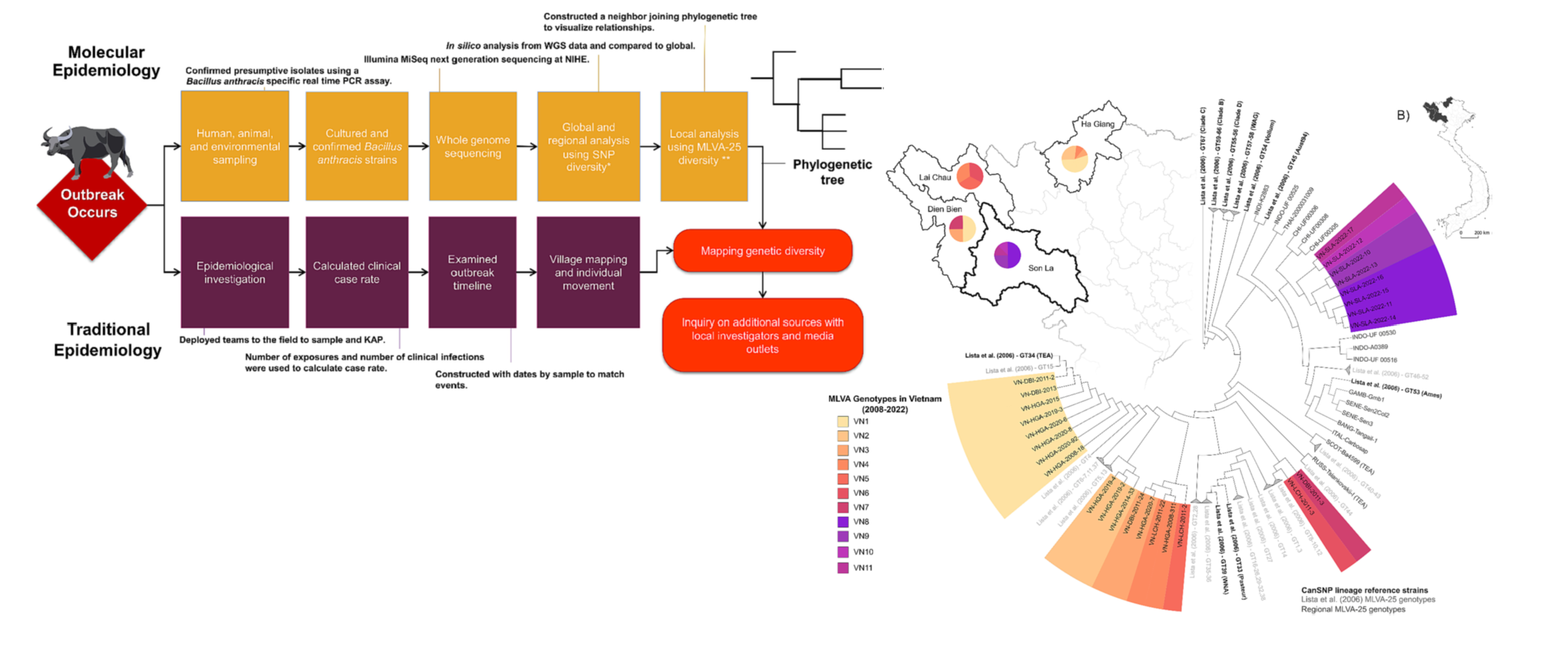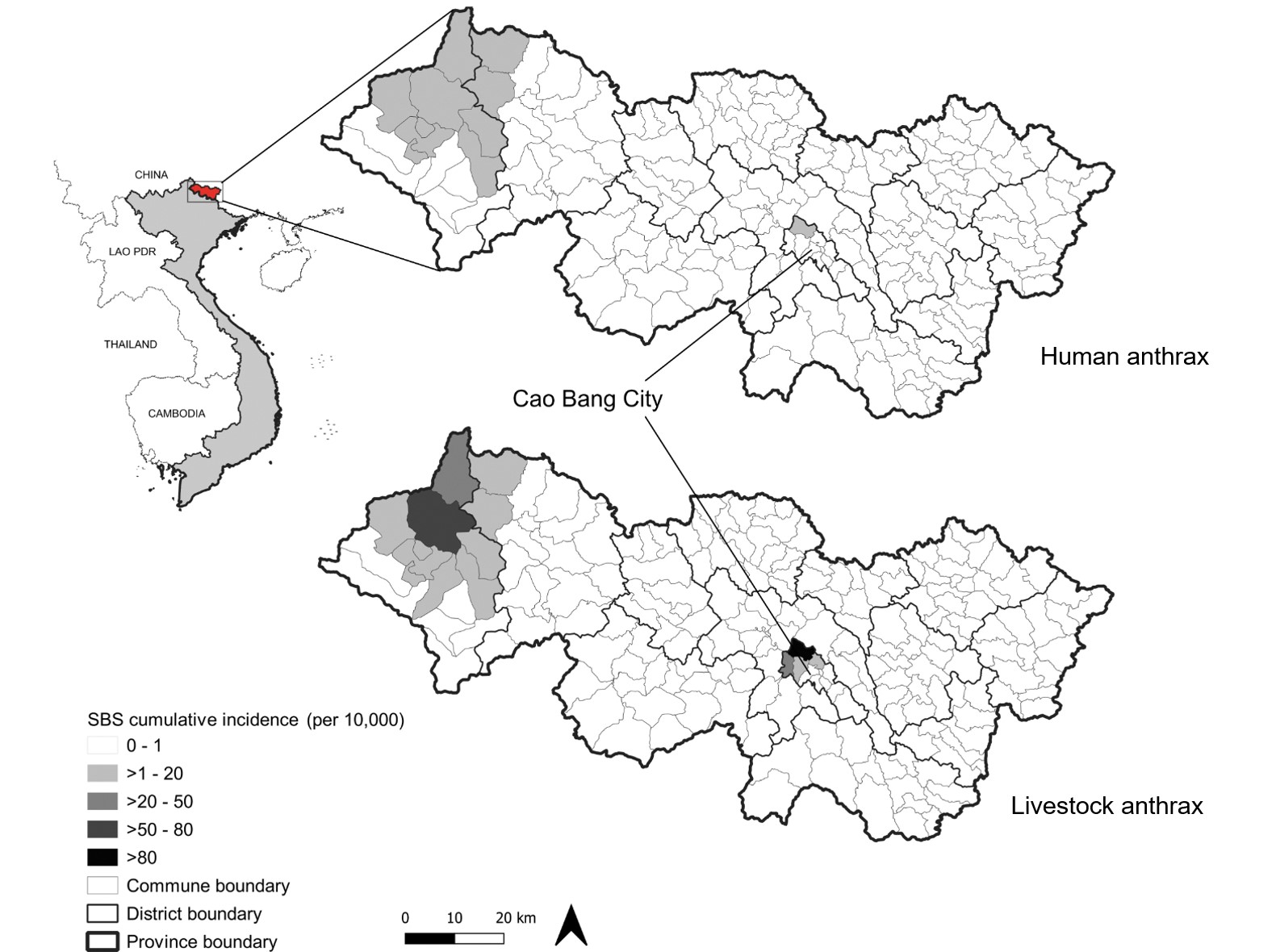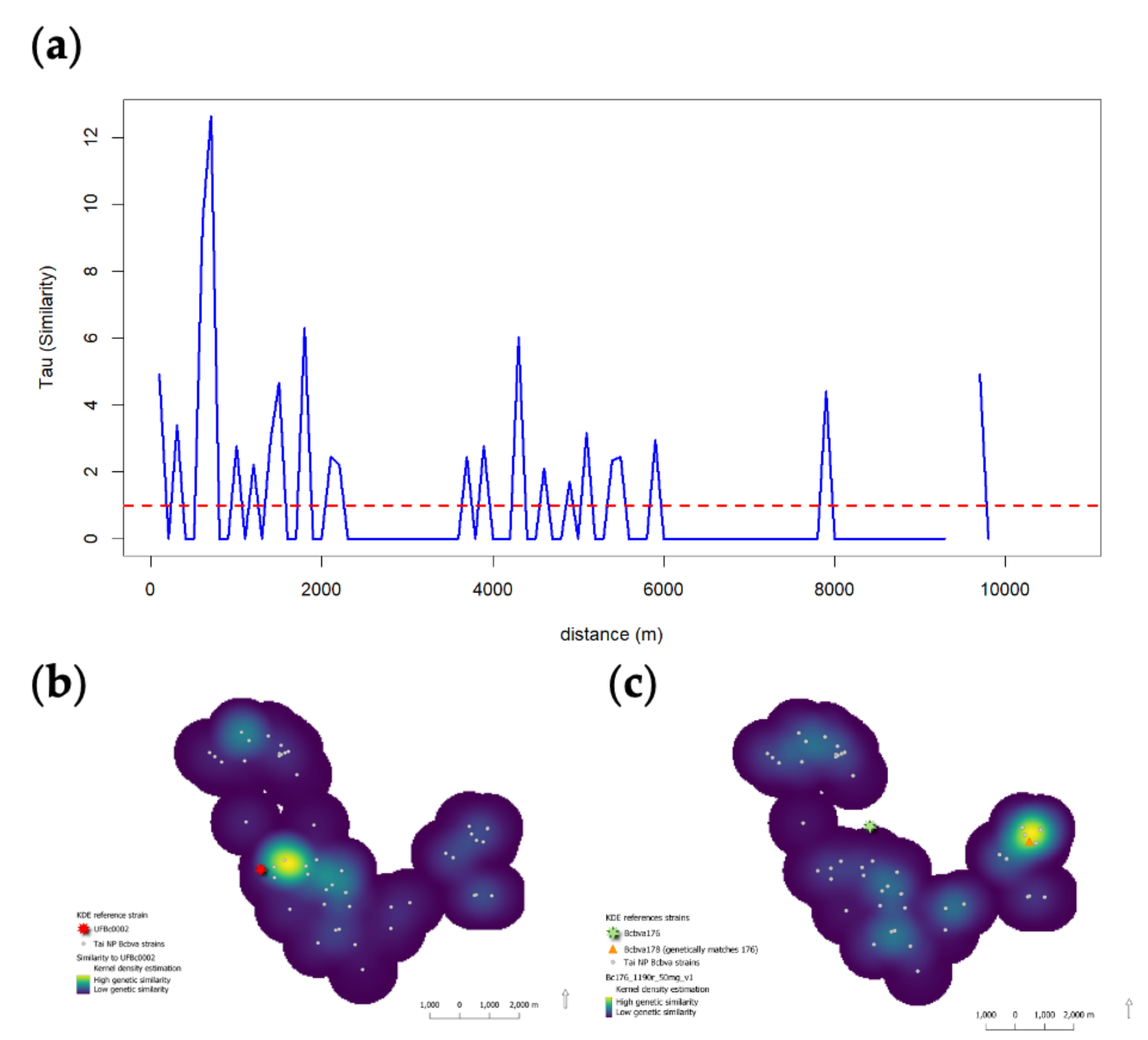
Welcome to the SEER Lab.
Welcome to the Spatial Epidemiology & Ecology Research Laboratory (SEER Lab). The SEER Lab is an interdisciplinary Medical Geography research laboratory jointly housed in the Department of Geography and the Emerging Pathogens Institute at the University of Florida. SEER Lab is focused on questions addressing the medical geography, ecology, and spatio-temporal patterns of diseases. SEER Lab research is focused primarily on bacterial zoonoses, those bacterial diseases that affect both animals and humans. Additionally, SEER Lab has been working extensively on orbivirus transmission patterns with the UF Cervidae Health Research Initiative (CHeRI). Toward these research questions, SEER Lab employs spatial modeling, geographic information systems (GIS), remote sensing (e.g. satellite data describing the environment), and micro- and molecular biology as a tool set. We map outbreaks, model outbreak intensity and timing, and integrate pathogen bioinformatics to understand how pathogen adaptation might affect disease distributions, outbreak timing, and outbreak intensity.
SEER Lab|Geography, our GIS facility in Turlington Hall on the main UF campus, houses research staff, postdocs, and students.
SEER Lab|EPI is a BSL-2 and BSL-3, certified select agent laboratory to support our research in the microbiology and molecular evolution of Bacillus anthracis, the causative agent of antrhax, Bacillus cereus biovar anthracis, a recently described anthrax-causing microbe in primates, Brucella spp., the causative agents of brucellosis, and Burkholderia pseudomallei, the causative agent of melioidosis. SEER Lab is focused on research and dedicated to training UF students, as well as international partners. Currently, SEER Lab provides GIS, spatial epidemiology, ecological modeling, and phylogenetics training across Central Asia, the Caucasus, Ukraine, Australia, Vietnam, Kenya, Uganda, and Botswana.


